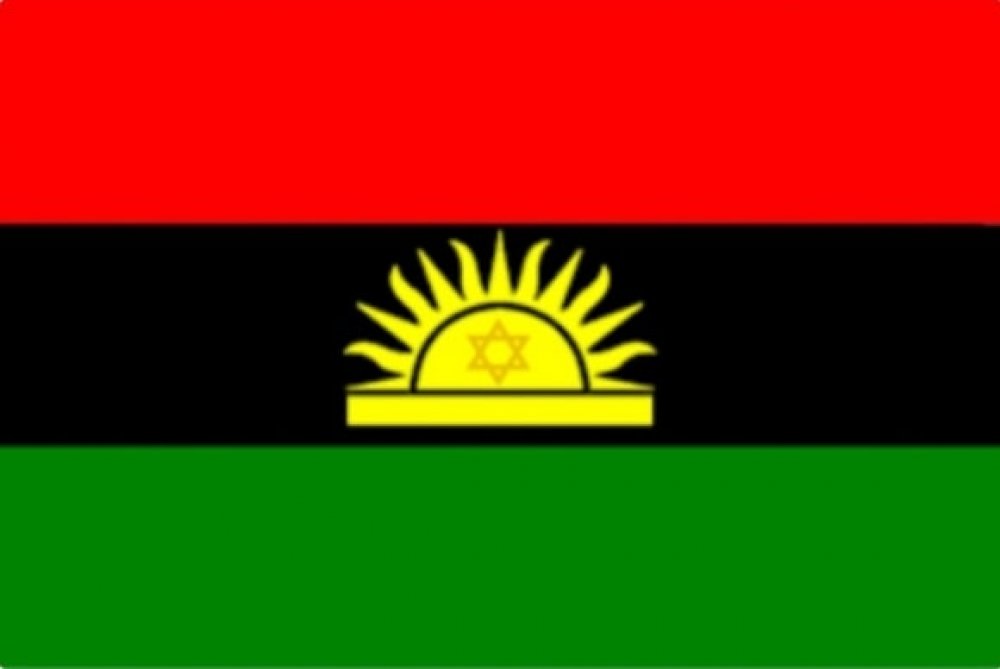The Indigenous People of Biafra (IPOB) has vehemently denounced President Bola Tinubu’s proposal to establish cattle ranches in Abuja, the ancestral land of the Gbagi people, and other states across Nigeria. IPOB characterizes this initiative as a thinly veiled revival of the controversial Ruga policy, a land-grabbing scheme disguised as governmental policy. They argue that prioritizing cattle ranches over critical national needs like education, security, and innovation is a grave misstep in the 21st century. IPOB draws parallels to historical instances where the seemingly innocuous “need for grazing” ultimately led to the subjugation of indigenous populations and the erosion of their cultural heritage, warning that Abuja faces a similar fate if this policy is implemented.
IPOB questions the rationale behind situating cattle ranches near the nation’s capital, citing the absence of such practices in other major global cities. They challenge President Tinubu to identify any world capital where cattle are granted permanent settlements in close proximity to governance zones. This, they argue, is a uniquely Nigerian absurdity, highlighting a national disgrace. The group emphasizes that the land around Abuja belongs to the Gbagi people, and dispossessing them through executive decree constitutes an act of aggression and cultural genocide. They fear a future where the Gbagi, like other indigenous groups before them, are marginalized and reduced to historical footnotes in their own ancestral lands.
IPOB draws a stark warning, declaring their unwavering resistance to any attempt, direct or indirect, to impose this “toxic expansionist agenda” within Biafraland. They pledge to protect every inch of their territory from herder settlements, cattle corridors, or ranching schemes. Their forests, villages, and farmlands, they assert, are sacred and not negotiable assets in a detrimental federal contract. IPOB advocates for the transportation of cattle by rail, a practice they deem characteristic of civilized societies and a responsible approach to livestock management. They criticize the government’s inability to grasp this basic logic, viewing it as a reflection of the administration’s failure.
Furthermore, IPOB asserts that no progressive nation establishes ranches adjacent to homes, schools, and marketplaces. The very proposal of such a plan, according to IPOB, demonstrates a profound disconnect from modern practices of urban planning and land management. They stand in solidarity with the Gbagi people and all indigenous nationalities facing existential threats from what they term “Fulani neo-colonial conquest” masquerading as national policy. IPOB underscores the importance of respecting Nigeria’s diversity, preserving its varied cultures, and protecting ancestral lands. They call for an end to the violence associated with cattle herding and implore the government to prioritize reason over what they perceive as impending ruin.
IPOB’s statement strongly condemns the proposed ranching policy, portraying it as a dangerous precedent with potential for widespread displacement and cultural erosion. Their argument hinges on the historical context of similar policies, the illogical nature of placing ranches near the capital, and the fundamental right of indigenous populations to their ancestral lands. They call for alternative solutions, emphasizing the need for responsible livestock management practices and respect for cultural diversity. The group’s staunch opposition signals a potential flashpoint in the ongoing debate over land use and resource allocation in Nigeria.
The group paints a bleak picture of the potential consequences of the proposed policy, predicting the marginalization of indigenous communities and the erosion of their cultural heritage. They frame the policy as a continuation of historical injustices and a threat to the very fabric of Nigerian society. Their call for resistance and the protection of ancestral lands sets the stage for potential conflict and highlights the deep-seated tensions surrounding land ownership and resource control in the country. The statement serves as a rallying cry for those who share IPOB’s concerns, framing the issue as a struggle for survival against what they perceive as an existential threat.














